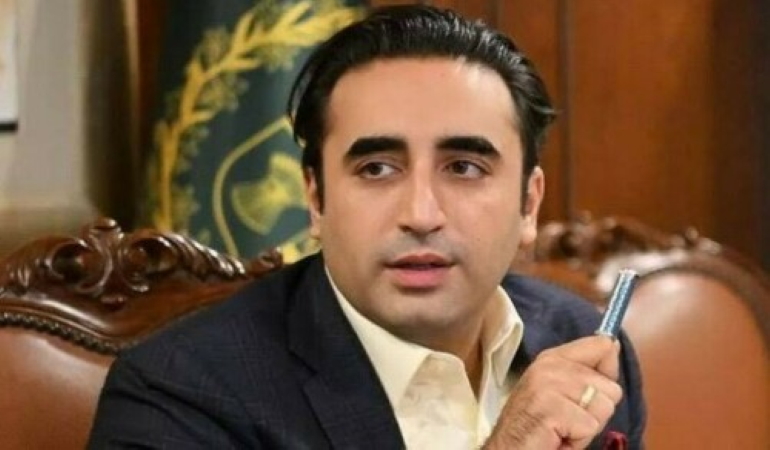The Foreign Minister of Pakistan, Bilawal Bhutto Zardari, has accused the International Monetary Fund (IMF) of being unfair to Pakistan and leaving the country in a state of crisis. Currently, Pakistan is under pressure to implement measures to reach an agreement with the International Monetary Fund.
Since last year, the ninth review of a $7 billion loan programme with the IMF has not been successfully completed. The agreement would enable inflows from friendly nations and result in a disbursement of $1.2 billion.
The requirements set forth by the IMF for the agreement are meant to guarantee that Pakistan reduces its fiscal deficit prior to the release of its annual budget in June.
Most of the earlier measures, such as raising the prices of fuel and energy, ending subsidies in the export and power sectors, and raising more money through new taxes in a supplemental budget, have already been implemented in Pakistan.
The IMF’s final condition is that Pakistan ensures that its balance of payments deficit is fully financed for the remainder of the program’s duration.
In a recent interview with the Associated Press, Bilawal claimed that Pakistan is experiencing an economic crisis as a result of the devastating flooding and the resurgence of terrorism. In light of the country’s ongoing climate catastrophe, he criticised the IMF for being overly critical of Pakistan’s tax policy and tax collection.
In addition, Bilawal said that Pakistan is dealing with “a steady uptick of terrorist activities within our country” and 100,000 new refugees as a result of the West’s withdrawal from Afghanistan. He blasted the IMF for dragging out negotiations when the nation urgently needed funding to aid the “poorest of the poor.”
The “very healthy economic relationship” Pakistan has with China, which is “also in the spotlight as a result of geopolitical events,” was acknowledged by Bilawal. In light of the floods, he praised China for its assistance to Pakistan, including the $1.3 billion loan that was announced earlier this month.
According to Bilawal, Pakistan is open to collaborating with anyone, including Russia, to meet its energy needs and relieve the burden on its people who must pay high import fuel prices. He thinks that the US price cap now has room for imports from Russia.
Regarding Pak-US ties, Bilawal said that the two countries are on a healthy trajectory. He pointed to talks on climate, health, technology, and trade. He added that Pakistani officials had also recently met to discuss counterterrorism.
The alleged influence of Pakistan over the Taliban, according to Bilawal, “has always been exaggerated.” Despite Pakistan’s continued emphasis on working with the Taliban to combat terrorism and other problems, particularly those relating to women’s rights to education and employment, he claimed that there are concerns about their ability to do so.
Regardless of the situation on the ground, Bilawal urged the West to cooperate with the Taliban. He claimed that the Taliban wouldn’t have “space” to carry out political decisions in the absence of a functioning economy.


